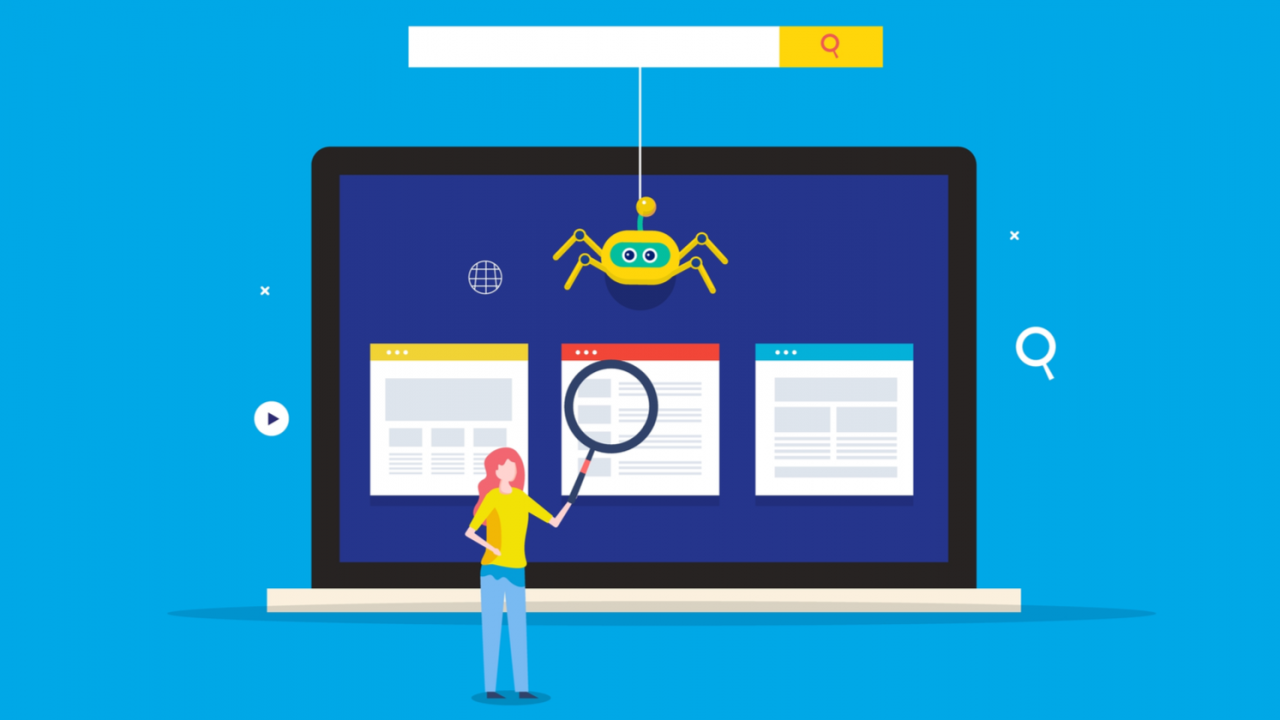Indexation is an important step in search engine optimization (SEO) – without it, your website won’t rank well on Google.
Getting your site indexed takes time, but there are ways to make this process easier.
One way to speed up the process is by creating powerful internal links on your website. These links will help Google crawl your website and discover new pages.
1. Optimize your URLs
A URL (uniform resource locator) is a type of address that lets your browser find a specific file or page on a remote server. The URL contains a protocol, a domain name, and other elements.
A well-structured URL can make a big difference to search engine rankings. It can also increase click-through rates, increase trustworthiness, and reduce confusion on the web.
A good URL should be short, descriptive, and include keywords to help Google rank your pages. It should also be easy for both search engines and readers to understand what the page is about.
2. Optimize your sitemap
Sitemaps are a great way to tell Google what pages on your thereviewblogs.com website are important. They also help search engines discover new pages faster.
In addition, they can help your web pages rank higher on search engine results pages (SERPs). You should also make sure that all links in your sitemap lead to relevant content.
The XML format of sitemaps helps crawlers find important URLs on your website. You can include additional information in the loc> tags for each page, such as its last modified date, update frequency, and priority.
If you have a large website, you might want to submit several sitemaps at once. However, remember that each sitemap is limited to 50 MB uncompressed and 50,000 URLs.
3. Optimize your content
One of the most important factors to index your thewebmagazines.com site faster on Google is optimizing your content. This can help you achieve a variety of goals, including ranking higher on search engines, building authority, and turning leads into paying customers.
1. Create helpful, engaging content that addresses user needs and intent. Ensure it is organized with subheadings and scannable sections, and includes useful links to additional information.
2. Check readability for accuracy and consistency, and make changes as needed.
3. Use active voice instead of passive, and write in a natural, conversational tone.
4. Avoid errors that affect user experience, such as spelling and grammar mistakes.
While these are simple things, they can make or break your SEO strategy. Moreover, they are often overlooked by marketers. Using these tips will improve your website’s rankings, conversions, and user experience.
4. Optimize your images
Image optimization is a simple way to boost your site’s SEO ranking. It’s about ensuring that your images are optimized in terms of size, file type, and resolution so they are easily crawled and indexed by search engines.
Optimizing your images also helps your site load faster, which can improve user satisfaction and conversions. Page load speed is one of the top indicators of a website’s performance and can impact how Google ranks pages.
If your site’s images are large and unoptimized, they can take a long time to load, frustrating your users. Fortunately, there are many tools available to help you optimize your images and keep your page load times low.
5. Optimize your social media
If you want your site to rank faster on Google, optimizing your social media is an excellent place to start. The content that people share on social media can help you build backlinks to your website and increase your domain authority.
The more people share your content, the more Google sees it as relevant to users and uses those signals in favor of your timeswebs.com site’s search rankings.
It can also help you gain more exposure on the front page of search results and increase your organic traffic. This is especially true if you have a strong presence on popular social channels like Facebook, Twitter, and LinkedIn.

